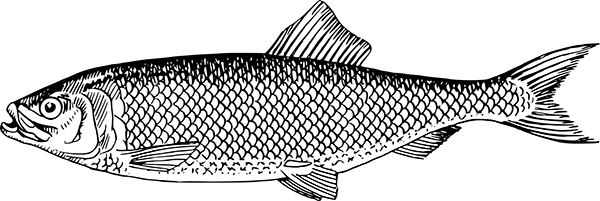The derivation of the word ‘cadger’, a derogatory epithet for someone who tries to get things for free, and its origins in the fish trade
CADGER
A mild term of abuse for someone who avoids paying for things or wants the benefits of something without making a contribution, originally a cadger was a hawker of fish – to cadge was then simply to offer fish – including herring – for sale or exchange.
Carrying the fish inland, the cadgers would obviously try to get rid of all of them before they began to smell. They would exchange them for produce – eggs, butter, poultry – that could be sold on returning to the coast. Dealers by trade, they may have earned a reputation getting good products for what, in fact, was close to worthless.
In The Herring: Its Effect on the History of Britain (1918) A M Samuel noted, The exchange by hawkers or higglers of summer mackerel for eggs in mid-Norfolk is not uncommon even to this day.
He goes on to suggest that the meaning may have merged with that of cosher or coshganger (v. to go coshing), terms which Samuel describes as now nearly obsolete, but which in East Anglia is used to denote a person who “sponges” upon another by “cadging” a meal.
Samuel goes on to explain, The word “coshganger” is of Irish origin, and was brought over by the Irish cattle drovers who attended Norwich cattle market; it meant a country dweller who declined to perform regular work.
